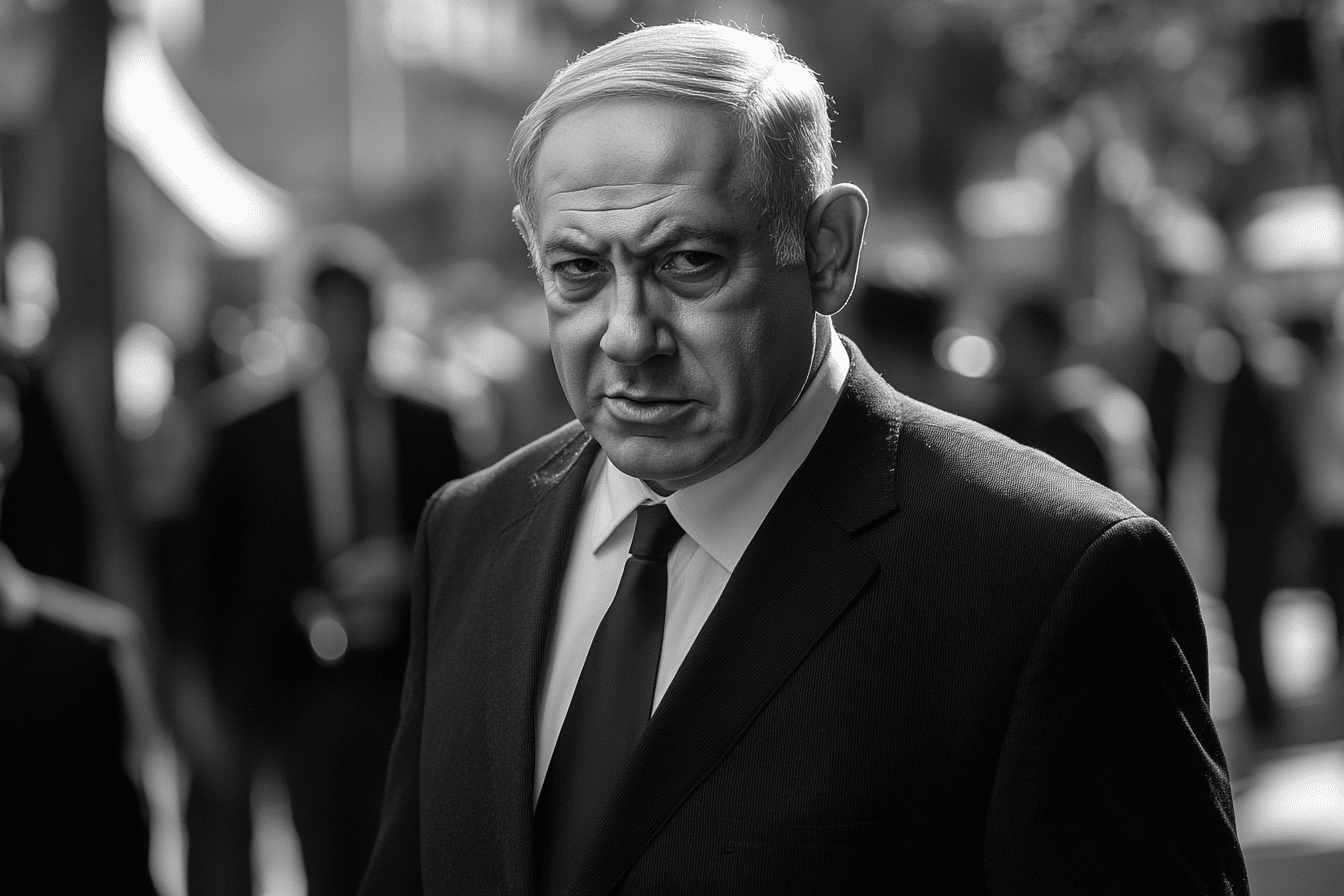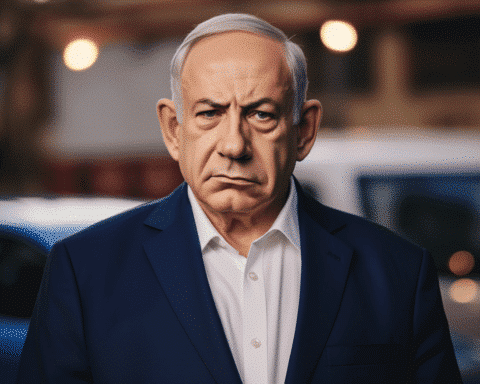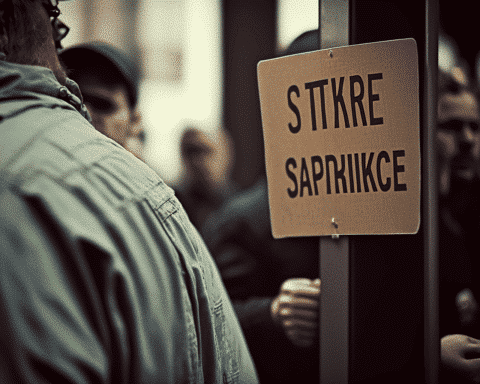Israeli Prime Minister Benjamin Netanyahu is again preparing to address the United Nations General Assembly, but this time under a much darker cloud. As tensions escalate both at home and abroad, Netanyahu’s vision of Middle East peace has been replaced with the grim reality of regional conflict. The war in Gaza continues to rage while Israel edges closer to another potential conflict with Hezbollah, an Iran-backed militant group. Netanyahu’s leadership is under intense criticism, and his international reputation may face further erosion during this pivotal speech.
A Leader on a Polarizing World Stage
Last year, Netanyahu stood before the U.N. General Assembly with hopes of Middle Eastern peace on the horizon. His optimistic vision for peace, highlighted by potential normalization with Saudi Arabia, now feels like a distant memory. Alon Liel, a former director-general of Israel’s Foreign Ministry, bluntly described Netanyahu’s current standing: “He arrives almost at a point of being persona non grata.” Liel’s comment underscores the growing international frustration with Netanyahu’s handling of the Gaza conflict and the strain on Israel’s global relations.
A Speech Known for Showmanship
Netanyahu is no stranger to the U.N. podium, having used it as a stage to deliver powerful speeches throughout his career. His oratory skills are well-known, and he has often employed dramatic visuals to emphasize his points, such as his infamous placard of a bomb to warn against Iran’s nuclear ambitions in 2012. An international relations professor, Yossi Shain, remarked, “In his view, any such trips to New York, to the grand stage of world affairs, he considers an advantage.” Netanyahu’s speeches, however, seem increasingly disconnected from the reality of Israel’s situation as both domestic and international protests mount.
Mounting Challenges and Protests
While Netanyahu may hope his speech will galvanize international support, there is concern that his message will fall on deaf ears. Tal Schneider, an Israeli political commentator, believes that Netanyahu is overly confident in his ability to sway international opinion. “He thinks that if he delivers a speech in English, he can convince people in the justness of his ways,” Schneider said, but added that this view demonstrates his “disconnection from reality.” As protests are expected to unfold during his visit, including at Columbia University, Netanyahu’s speech will occur against increasing unrest.
A Regional Crisis and Waning Support
The war in Gaza, sparked by Hamas’ attack on October 7, 2023, has claimed thousands of lives on both sides and displaced millions. Initially, Israel’s response to Hamas garnered support from its allies, but the humanitarian crisis in Gaza has caused international sentiment to shift. According to Gaza health officials, over 41,000 Palestinians have died in the conflict, and the devastation has drawn criticism from the global community. Alon Pinkas, a former Israeli consul general in New York, warned that Netanyahu’s trip could have dire consequences, stating, “Israel is now globally perceived as being on the precipice of a condemned pariah state.”
A Shadow Over the Visit
One looming issue that may overshadow Netanyahu’s visit to the U.N. is the International Criminal Court’s (ICC) request for his arrest. This unprecedented development places Netanyahu in the company of figures like Russian President Vladimir Putin. Alon Liel speculates that Netanyahu may find it challenging to meet with other world leaders on the sidelines of the assembly, calling into question the effectiveness of this visit. “There is no doubt that he knows how to deliver a speech,” Liel said, “but I think the world buys his chatter less and less.”
As Netanyahu takes the stage at the U.N., the stakes have never been higher. His speech, traditionally seen as a platform to assert Israel’s position, may no longer carry the weight it once did. With the international community increasingly critical of Israel’s actions and as Netanyahu himself faces growing isolation, the future of Israel’s diplomacy is uncertain. While Netanyahu may hope for a rallying moment, it remains to be seen whether his words will resonate with a world weary of conflict.




